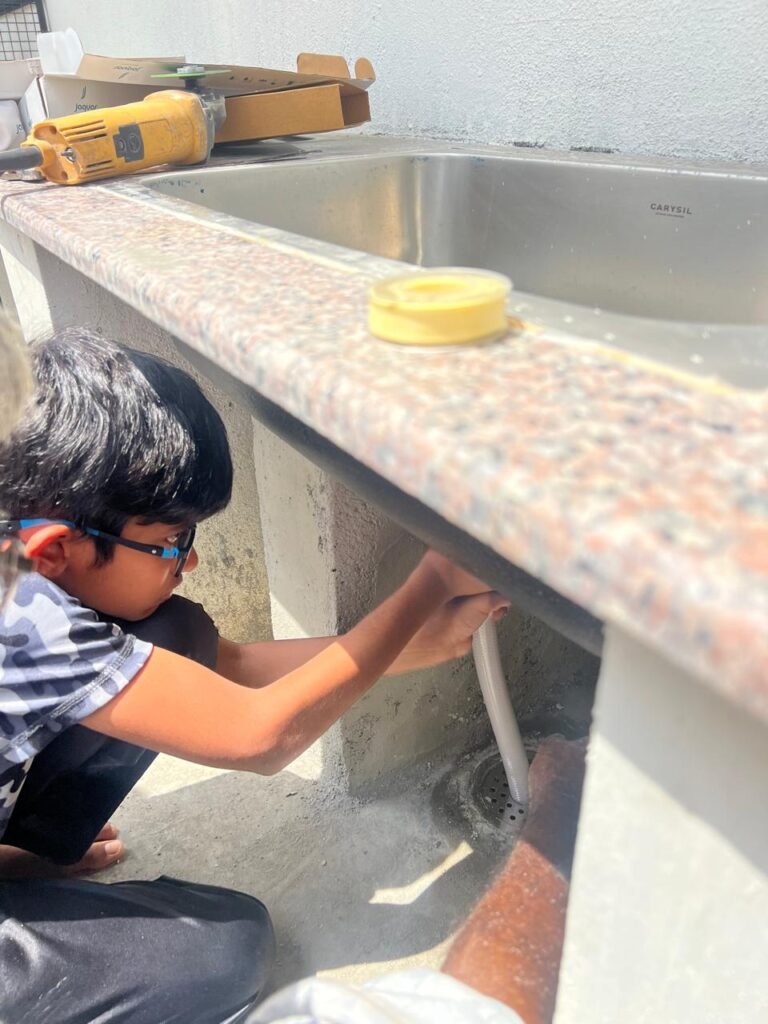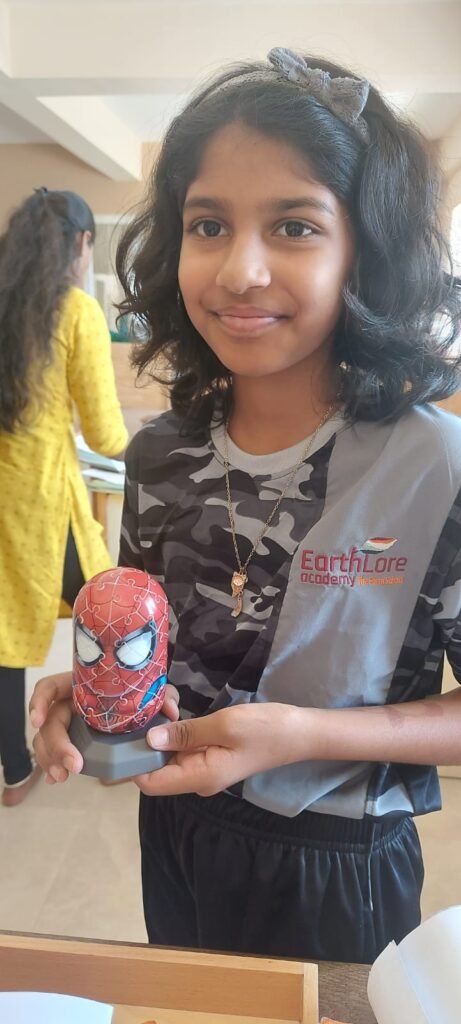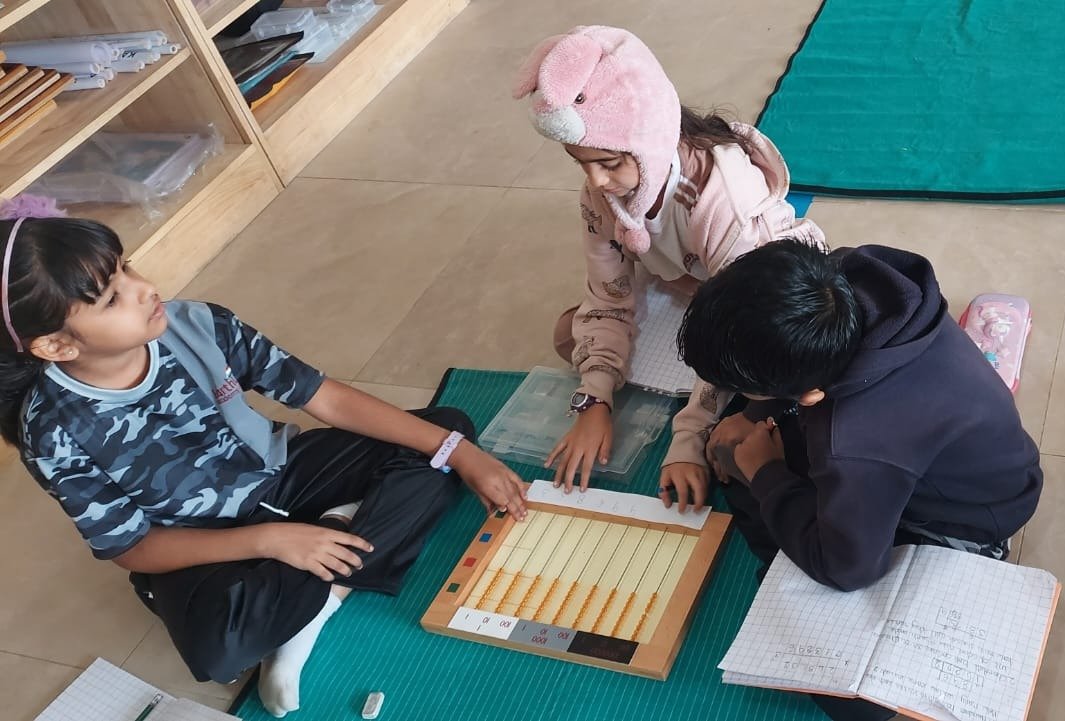

One of the foundational ideas of Montessori education is “freedom within limits.” At first, the phrase can sound contradictory. How can children be both free and limited at the same time? Yet, this balance is what makes the Montessori approach unique and effective.
What Does Freedom Mean in Montessori?
In a Montessori classroom, children are encouraged to make choices:
- They decide which activity to work on.
- They choose how long to spend on it.
- They learn to work independently or with peers.
This freedom nurtures independence, curiosity, and intrinsic motivation—qualities essential for lifelong learning.
Why Are Limits Important?
Freedom does not mean doing anything at any time. The environment is designed with clear boundaries:
- Materials must be used respectfully and returned after use.
- Noise levels are kept low to support concentration.
- Choices are available, but all are purposeful and appropriate for the child’s stage of development.
These limits are not imposed to control children but to protect their freedom—and the freedom of others.
The Balance in Practice
Imagine a child choosing to build with blocks. The freedom lies in:
- Selecting the activity.
- Deciding how to construct.
- Exploring their creativity.
The limits ensure:
- Blocks aren’t thrown (safety and respect).
- Materials are shared.
- Work areas remain organized for everyone.
Why It Matters at Earthlore Academy
At Earthlore Academy, this principle extends beyond the classroom:
- Children explore nature freely but learn to care for plants, animals, and tools.
- They experience autonomy but also develop a strong sense of responsibility to their community.
This balance—freedom within limits—helps children grow into individuals who are confident, self-disciplined, and considerate.

